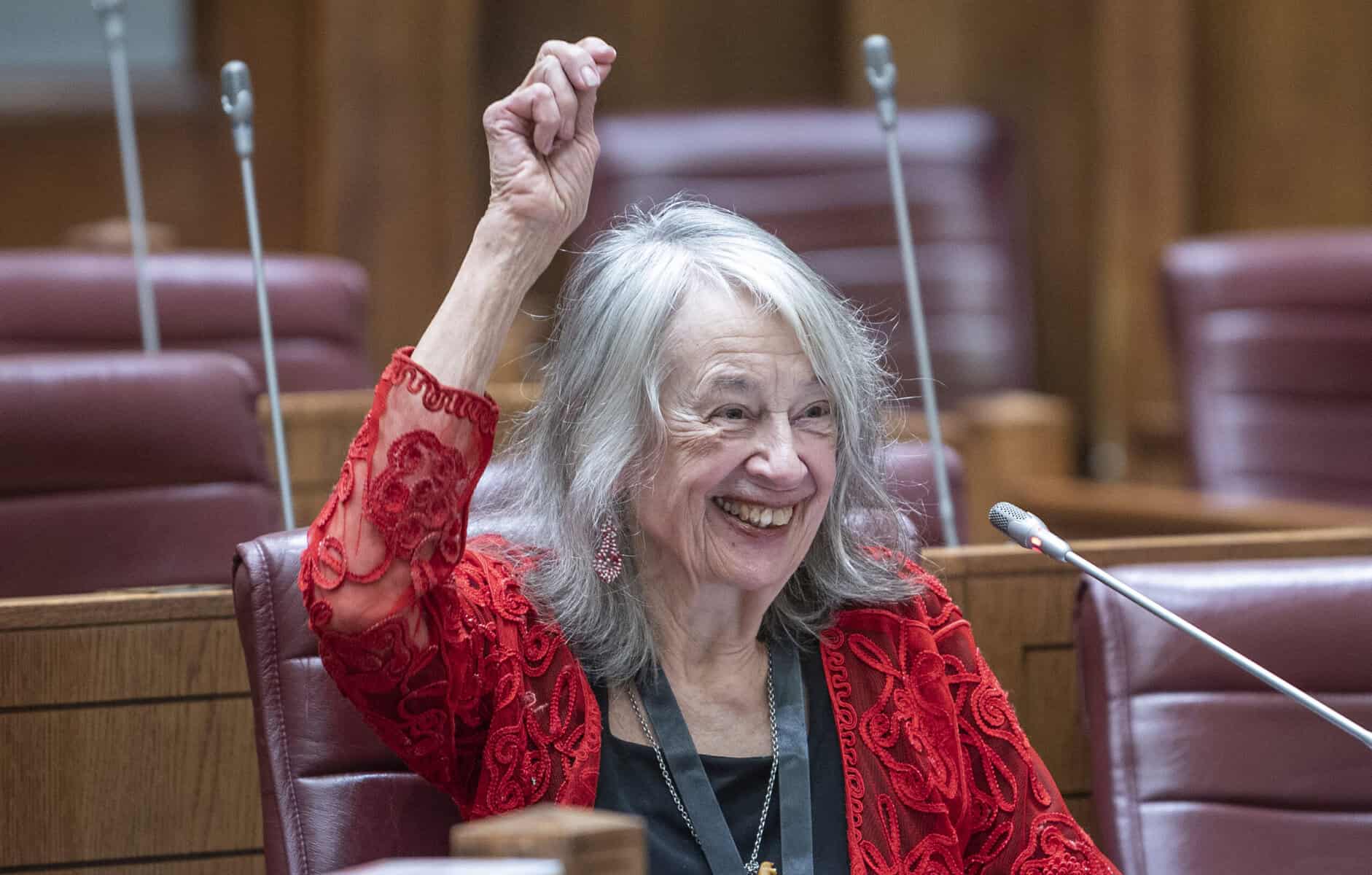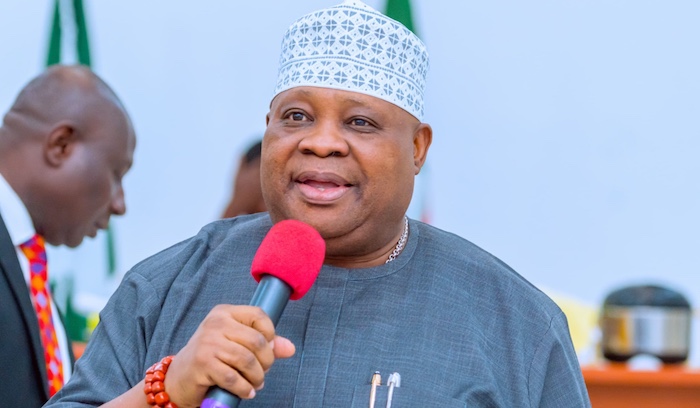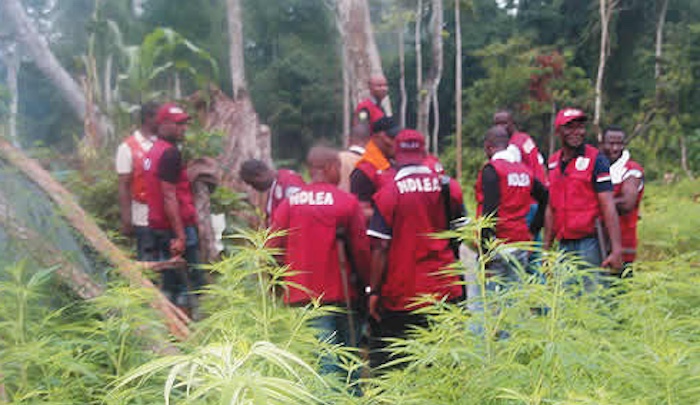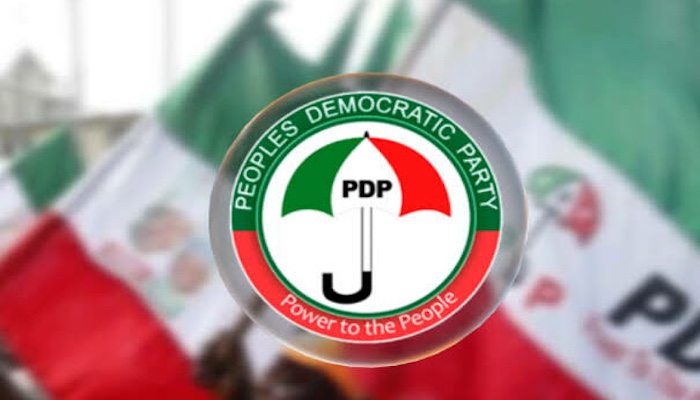
CAPE TOWN, SOUTH AFRICA - NOVEMBER 18: Dr Mary de Haas testifies at the Parliamentary Ad Hoc Committee inquiry into alleged corruption and political interference in the criminal justice system at Good Hope Chambers on November 18, 2025 in Cape Town, South Africa. The inquiry was set up to probe political interference, leadership failures, and internal dysfunction in the South African Police Service (SAPS) with a particular focus on allegations raised by Lt Gen Nhlanhla Mkhwanazi about interference within the police command on July 6th. (Photo by Gallo Images/Brenton Geach)
In South Africa, accountability has become a show.
Those who wield power and those who imagine themselves as power players treat commissions and committees as stages for gossip and speculation, rather than platforms for truth.
Witnesses at the Madlanga commission and the parliamentary ad hoc committee have embodied this failure, offering hearsay with little regard for the consequences of their words.
Prof Mary de Haas, long an activist for political and human rights, has penned complaints that reached ministerial ears.
Yet when pressed to substantiate her claims, they dissolved into speculation.
Brown Mogotsi, less eloquent but equally unconvincing, spoke of CIA links and “intel” known only to him, dismissing evidence with conjecture.
Such performances trivialise the seriousness of the inquiry.
The same could be said of figures such as Cedrick Nkabinde, Shamila Batohi, General Bheki Cele and Shadrack Sibiya, whose appearances were underwhelming, evasive, or dismissive.
This conduct reflects a deeper arrogance: the belief in immunity.
Those accused behave as though untouchable, treating accountability as optional.
ALSO READ: ‘It’s like we’re gossiping here’: MPs unimpressed with Mary de Haas’ ‘hearsay’ testimony
Instead of embracing the opportunity to restore public trust, they dismiss allegations casually, reinforcing a culture of impunity.
Commissions and committees, meant to demand truths, are reduced to inconveniences – obstacles to be endured rather than mechanisms of integrity.
There are exceptions. Individuals with little left to hide have stepped forward with clarity, laying accusations bare.
Yet, their voices are drowned out by those who trivialise the process.
The result is a public perception that responsibility applies only to the vulnerable, while the powerful escape consequences.
South Africans are rightly critical of inquiries. Too often, their findings are selectively applied, serving political ends rather than justice.
But cynicism must not erase hope. The purpose of these institutions is to correct behaviours, to demand accountability where arrogance reigns.
If they are to mean anything, they must insist on more than symbolic participation.
The culture of impunity has brought us to this point. Unless accountability is restored – not as performance, but as principle – our institutions risk becoming hollow symbols.
Responsibility cannot remain optional for the powerful. It must be demanded, enforced and lived, if public trust is ever to be rebuilt.
NOW READ: Madlanga commission: Brown Mogotsi denies accusation that he’s a ‘professional liar’



